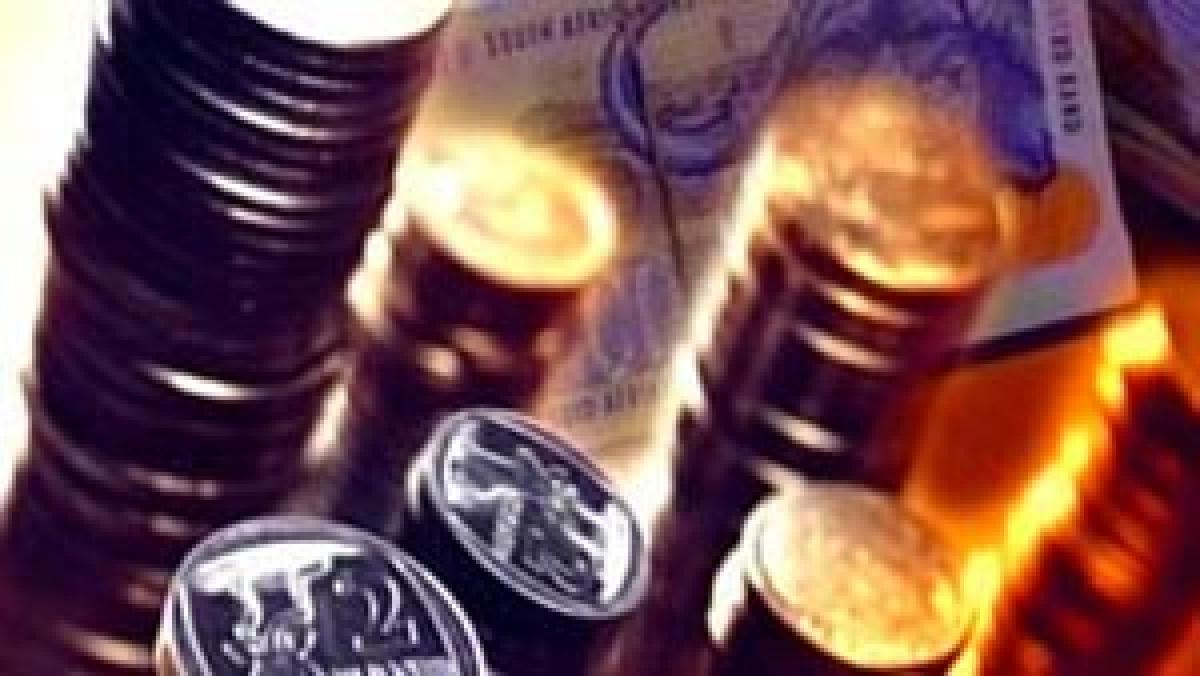Live
- Additional Collector Fyzan Ahmed launches Mahila Sakthi Canteen
- 26/11 Heroes: Unforgettable Acts of Courage That Saved Lives
- Sports contribute to mental refreshment, physical strength: MLC Nagarakunta Naveen Reddy
- Now, transcribe voice messages into text on WhatsApp
- Collector assures all help to Gulf victim
- Crop loans above `2 lakh will be waived soon: Ponnam
- Key sections in CLAT exam
- HMD Fusion with 108MP Camera and Gaming Outfit Debuts in India
- Destiny Led Me to Music: Yamini Gowribhatla
- After 26 years, man held for killing infant son
Just In

India has slipped by 10 positions to 112th, out of 159 countries and territories, as it \"fared badly\" across categories including legal system and regulation, according to the Economic Freedom of the World: 2016 Annual Report.
India has slipped by 10 positions to 112th, out of 159 countries and territories, as it "fared badly" across categories including legal system and regulation, according to the Economic Freedom of the World: 2016 Annual Report. The report has been published by India's public policy think tank, Centre for Civil Society, in collaboration with Canada's Fraser Institute. Although China, Bangladesh and Pakistan lagged behind India at 113th, 121st and 133th ranks respectively, Bhutan (78), Nepal (108) and Sri Lanka (111) were better placed on the World Economic Freedom Index. "India has fared badly in all categories i.e. legal system and property rights (86), sound money (130), freedom to trade internationally (144) and regulation (132) except the size of the government (8)," the report said.
The report is based on data from 2014 and measures the economic freedom by analysing the policies and institutions of all 159 countries and territories. The 1996 report defines economic freedom as: Individuals have economic freedom when property they acquire without the use of force, fraud, or theft is protected from physical invasions by others and they are free to use, exchange, or give their property as long as their actions do not violate the identical rights of others. An index of economic freedom should measure the extent to which rightly acquired property is protected and individuals are engaged in voluntary transactions.
Economic Freedom of the World indicator has been used in peer-reviewed studies some of which have found a range of beneficial effects of more economic freedom. The cornerstones of economic freedom are: Personal choice rather than collective choice; Voluntary exchange coordinated by markets rather than allocation via the political process; Freedom to enter and compete in markets; and Protection of persons and their property from aggression by others In practice, the index measures: Size of Government: Expenditures, Taxes, and Enterprises; Legal Structure and Security of Property Rights; Access to Sound Money; Freedom to Trade Internationally; and Regulation of Credit, Labor, and Business. The report uses 42 distinct variables, from for example the World Bank, to measure this. Some examples: tax rates, degree of juridical independence, inflation rates, costs of importing, and regulated prices. Each of the 5 areas above is given equal weight in the final score.

© 2024 Hyderabad Media House Limited/The Hans India. All rights reserved. Powered by hocalwire.com







